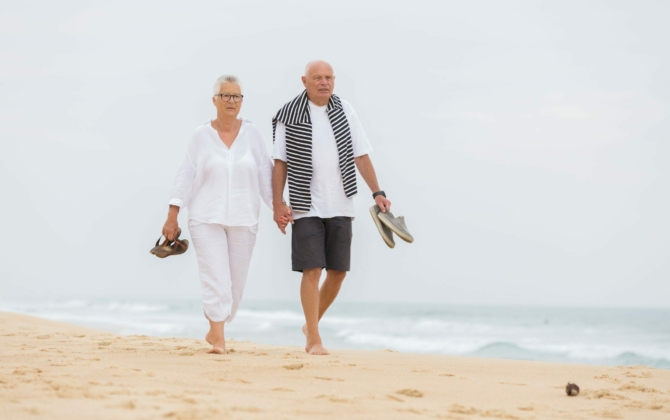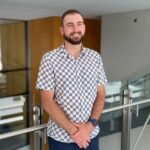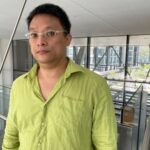Jump to
Why Does Quadriceps Weakness Persist after Total Knee Replacement?
An Exploration of Neurophysiological Mechanisms
Total knee replacement is a commonly performed surgery for treating end-staged knee osteoarthritis. Although most people recover well after surgery, weakness of the quadriceps muscles (the front thigh muscles) persists long after the surgery (at least for 12 months), despite intensive physiotherapy and exercise. Quadriceps muscle weakness is known to be associated with more severe pain and greatly affect daily activities.
This study aims to investigate the mechanisms underlying weakness of the quadriceps muscles in people with knee osteoarthritis and total knee replacement. We hope to better understand the relationship between the changes of the brain and a loss of quadriceps muscle strength after total knee replacement.
The study might be a good fit for you if you:
- Scheduled to undergo a total knee replacement;
- The surgery is scheduled within the next 4 weeks;
- Do not have a previous knee joint replacement in the same knee;
- Do not have high tibial osteotomy;
- Do not have neurological disorders, epilepsy, psychiatric conditions, other chronic pain conditions;
- Do not have metal implants in the skull;
- Do not have a loss of sensation in the limbs.
If you decide to take part you would:
- Be contacted by the researcher to determine your eligibility for the study
- Be scheduled for testing if you are eligible and willing to take part in the study
- Sign the Consent Form when you attend the first testing session
- Attend 3 testing sessions (approximately 2 hours per session): 1) before total knee replacement, 2) 3 months and 3) 6 months after total knee replacement. The testing will include several non-invasive measures of brain representations of the quadriceps muscles, central pain mechanisms, and motor function and questionnaires.
Will I be paid to take part in the research study?
You will be reimbursed ($50.00 per session) for travel and parking expenses associated with the research study visits.
If you would like more information or are interested in being part of the study, please contact:
Name: Dr Wei-Ju Chang
Email: w.chang@neura.edu.au
Phone: 02 9399 1260
This research is being funded by the Physiotherapy Research Foundation.





